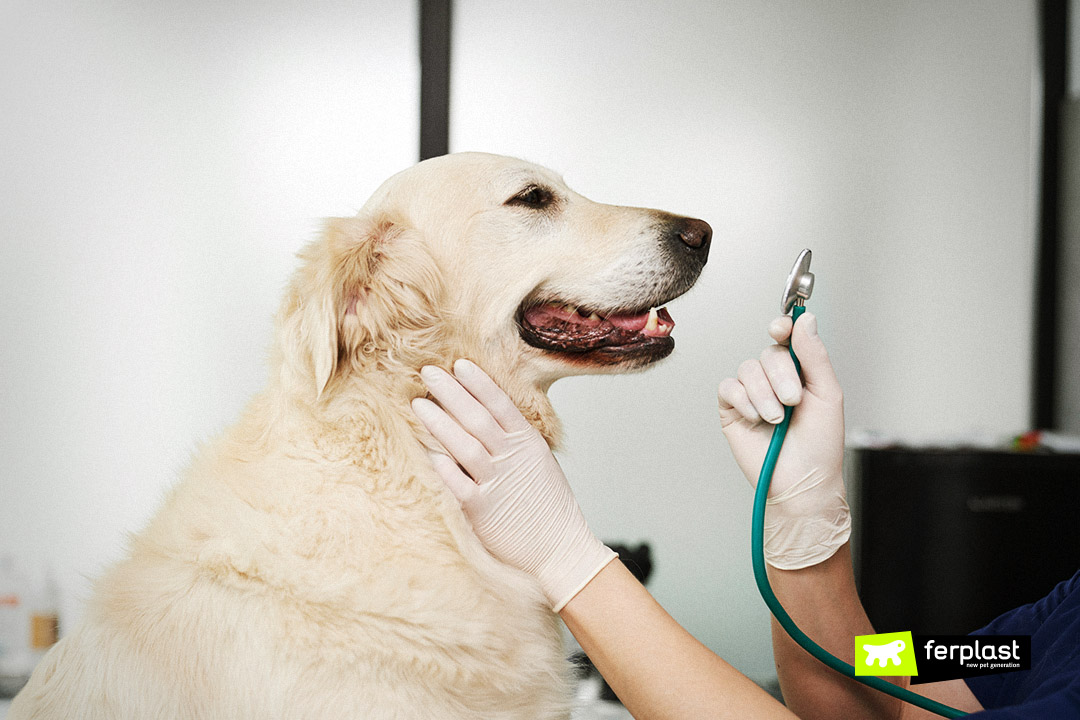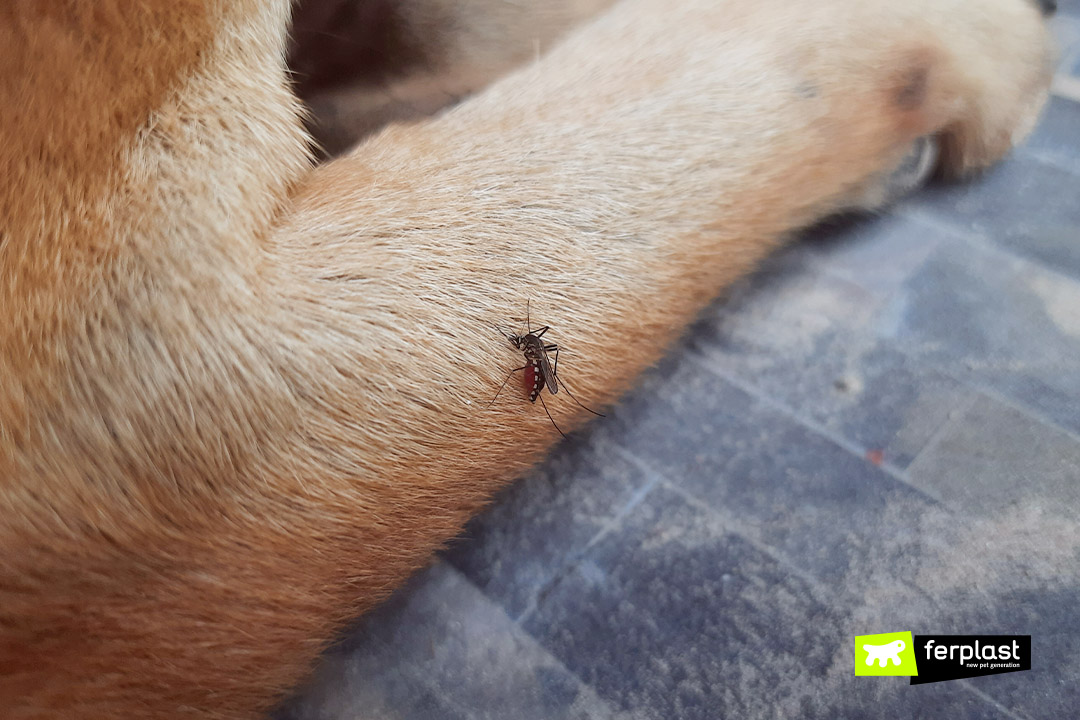Did you know that your dog can also suffer from various allergies? Indeed, dogs are not immune to these irritating ailments, which can, in some cases, cause serious harm to their health.
This is why it is incredibly important to recognise the symptoms of allergies in dogs, to prevent them if possible, or to intervene and provide the best possible care.
Dog allergies: the most common
Allergies in dogs can be caused by different factors, just like in humans, and often depend on the genetic predisposition of one breed compared to another. Allergic reactions caused by external agents are not all the same and can cause everything from minor discomfort to more serious symptoms. This is why it’s always best to monitor your dog, especially during spring and summer, and not underestimate the risks that lurk behind allergic reactions.
Among the most common allergies your dog may encounter are those to pollen, which floats in the air as soon as the weather warms up, those to grass or specific types of flowers and plants.
Furthermore, allergies can also be caused by certain chemicals contained in the bites of small insects and parasites, and from ectoparasites such as fleas, ticks and mosquitoes.
Dog allergies: the symptoms
How can you tell if your dog is suffering from an allergy? As with cats, allergic reactions are the result of an excessive increase in the production of antibodies directed towards “disturbing” substances with which the animal comes into contact. However, symptoms are not perfectly predictable, but can manifest in various ways and with different degrees of severity.
The most common
The most common symptoms of allergies in dogs are usually mild and not alarming. Itching, inflammation, sneezing, reddened skin, and redness and tearing of the eyes are among the most frequent. If the dog feels itchy, they will often not only scratch, but also lick or bite the area that is causing discomfort.
More serious symptoms
As previously mentioned, not all symptoms of allergies in dogs are the same. More serious symptoms may occur that require treatment. Your dog may start to suffer from breathing-related problems such as asthma or bronchitis, or from conjunctivitis, episodes of reverse sneezing, ear infections or issues related to the gastrointestinal system, with vomiting and diarrhoea.
Bites from parasites such as ticks and fleas are among the most dangerous, as they can cause your dog to have severe skin irritation and episodes of respiratory difficulty.
How to treat dog allergies
If you notice any of the listed symptoms in your pet, your dog may be suffering from some form of allergy. Our advice is not to wait for the situation to worsen, but to take your pet to your trusted vet immediately. They will provide a targeted treatment to combat the allergic reaction, using antihistamines, and in more severe cases, a cortisone-based or antibiotic therapy.
Not only is treating the allergy important, but so is prevention. Vaccines and immunotherapy are extremely useful in reducing the risk of your dog contracting an allergy. Antiparasitics are also excellent, ensuring your dog is protected from small, harmful and very annoying parasites.
Protect your dog with Ferplast’s advice to shield and cure them from allergies, and don’t underestimate the symptoms, even those that seem mild.




